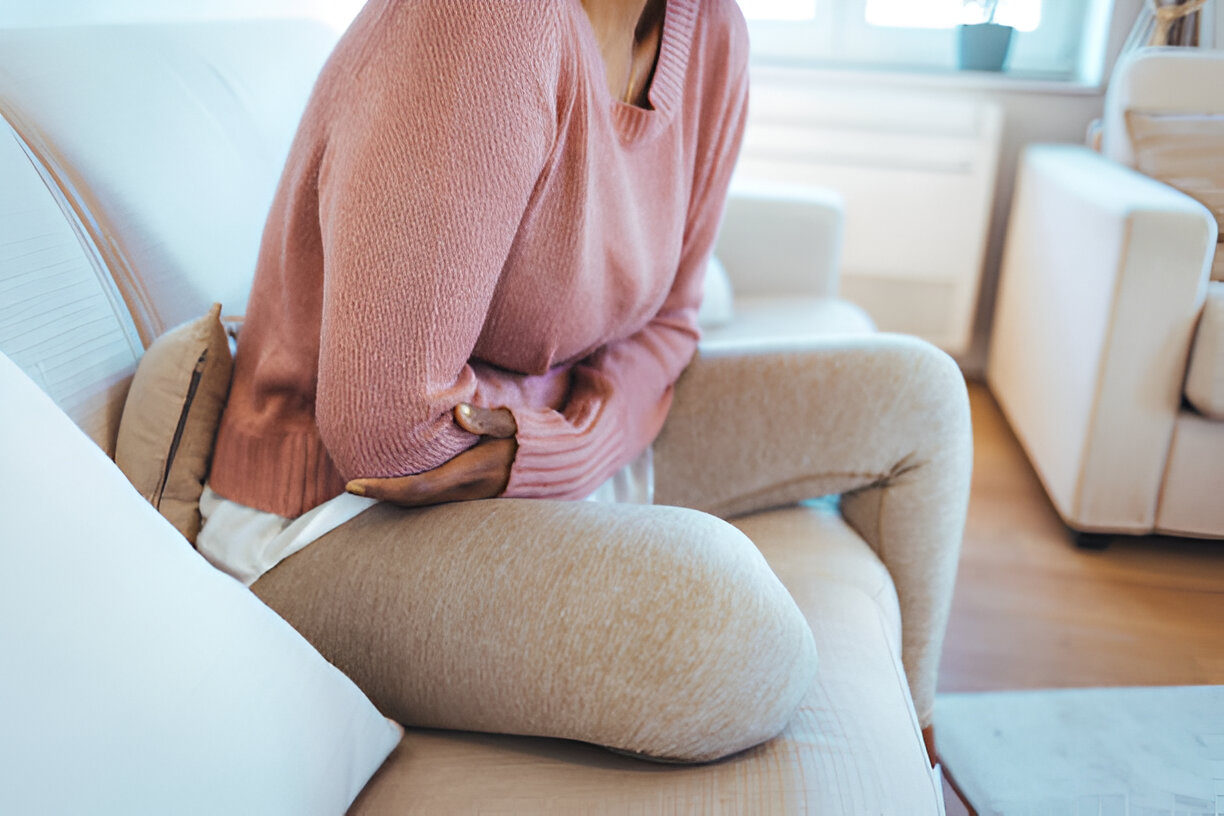
Periods are a natural part of the menstrual cycle, but they can often be uncomfortable. To maintain comfort and health during this period, there are some things you should avoid. Here are ten things you shouldn't do during your period, based on guidance from various reputable medical sources.
Maintaining hygiene during your period is very important. According to the American College of Obstetricians and Gynecologists (ACOG), using pads or tampons regularly can prevent infection and discomfort (ACOG, 2020). Make sure to change menstrual products every 4-6 hours and use a mild unscented soap.
Excess salt consumption can increase feelings of bloating and discomfort during menstruation. Mayo Clinic suggests reducing salt intake and choosing healthy foods rich in fiber such as fruits and vegetables (Mayo Clinic, 2023). This helps reduce water retention and puffiness.
Light exercise such as yoga can help relieve menstrual pain, but high-intensity exercise can make the body more tired. Harvard Health Publishing recommends light activity to reduce menstrual symptoms and improve mood (Harvard Health Publishing, 2021).
The body needs more rest during menstruation. According to the Cleveland Clinic, adequate sleep is important for the body's recovery and reduction of menstrual pain (Cleveland Clinic, 2022). Do not hesitate to extend your sleep time or rest more if needed.
Caffeine can worsen menstrual symptoms such as cramps and mood changes. The American Dietetic Association recommends limiting caffeine consumption and choosing herbal drinks that can help relieve pain (ADA, 2021). Ginger or chamomile tea are good choices.
Choosing the right health products is very important. The National Health Service (NHS) suggests using menstrual products that are specifically designed and safe for sensitive skin to avoid irritation (NHS, 2023). Avoid products with fragrances or harsh chemicals.
Strenuous activity can worsen menstrual symptoms. The National Institute of Diabetes and Digestive and Kidney Diseases (NIDDK) recommends adjusting physical activity to your body condition during menstruation (NIDDK, 2022). Choose lighter activities if you feel uncomfortable.
Delaying treatment can make menstrual pain worse. Johns Hopkins Medicine recommends taking appropriate pain medication immediately and consulting a doctor if the pain is very disturbing (Johns Hopkins Medicine, 2023).
Hormonal changes can affect mood. The American Psychological Association (APA) emphasizes the importance of emotional support during menstruation to reduce stress and anxiety (APA, 2023). Talking to friends or family can help.
10. Skipping Fluid Intake
Dehydration can worsen menstrual symptoms. The American Heart Association recommends drinking enough water every day and avoiding drinks that can cause dehydration (AHA, 2022). Drinking water or infusing water with fruit can help maintain hydration.
By following these guidelines, you can make your period more comfortable and reduce unpleasant symptoms. Always remember to listen to your body and give yourself extra attention during this time. Hopefully, this information will be useful and help you get through your period better!